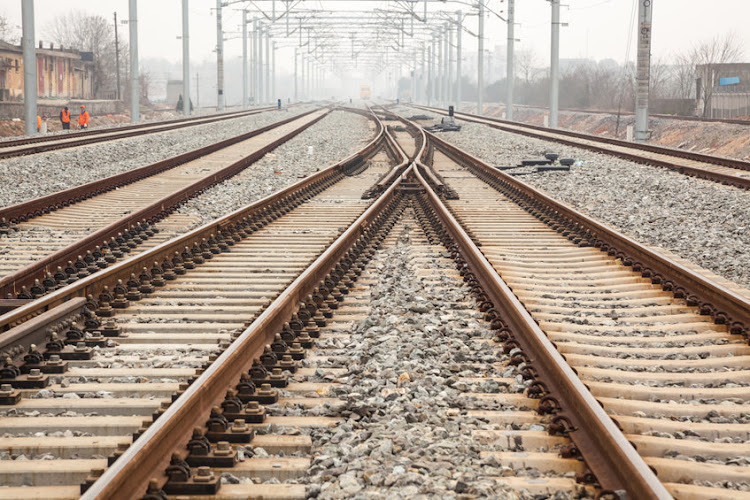- Canoo files for bankruptcy after dismissing the remainder of its workforce in the last two months.
- It was founded in 2017 and, at its peak, employed 800 people, but it lived off loans and never turned a profit.
- The company will liquidate all its assets to pay off its debts and creditors.
Canoo was one of those EV startups that seemed to have a future with a cool product that showed plenty of promise. However, after failing to secure the necessary capital to stay afloat, the company announced yesterday that it’s filing for Chapter 7 bankruptcy.
We knew Canoo, founded in 2017 and initially called Evelozcity, was in serious trouble when, in November, it cut almost a quarter of its workforce (around 30 employees)—it employed around 800 people in 2021, so its workforce in 2024 was already considerably diminished. At the time, the company said this was a temporary move to help itself stabilize financially, although one of the workers who were shown the door spoke to the media and said they didn’t see Canoo “lasting maybe until the end of next year.”
However, one month later, Canoo decided to dismiss its 82 remaining employees, casting further doubt about its future. Now, it’s the start of 2025, and the company has issued a statement announcing its bankruptcy and that it will “cease operations immediately.” It will also begin liquidation of all its assets, and the proceeds will exclusively go toward paying its creditors and other unpaid bills.
Company CEO Tony Aquila, also one of the main investors, said “We would like to thank the company’s employees for their dedication and hard work. We know that you believed in our company as we did. We are truly disappointed that things turned out as they did. We would also like to thank NASA, the Department of Defense, the United States Postal Service (“USPS”), the State of Oklahoma and Walmart for their belief in our products and our company. This means a lot to everyone in the company.”
Canoo seemed to have a viable product: its skateboard EV platform that could take various body styles from a low-slung sports sedan to a van. This even got Hyundai to want to team up with the startup to jointly develop an EV platform. In 2020, Hyundai made this partnership official and stated it “expects the new platform using Canoo’s skateboard architecture to allow for a simplified and standardized development process, lowering vehicle price.”
This could have been the deal that kept Canoo afloat, but around one year later, the partnership seemed dead, and it never helped Canoo in any meaningful way.
The U.S. Postal Service ordered six Lifestyle Delivery Vehicle 190 vans from Canoo in early 2024 to test their effectiveness as part of its mail delivery fleet. The British postal service, the Royal Mail, also began testing two Canoo vans as part of its fleet with plans to buy 2,000 units if they successfully completed the trial period.
Unlike many EV startups whose products sometimes bordered on vaporware, Canoo was a real company with a real product that got a lot of genuine interest. Its plant in Oklahoma City could reportedly “support as many as 1,100 good-paying manufacturing jobs at full capacity,” and it said it sourced 90% of its parts from North America, of which 70% came from the United States.










